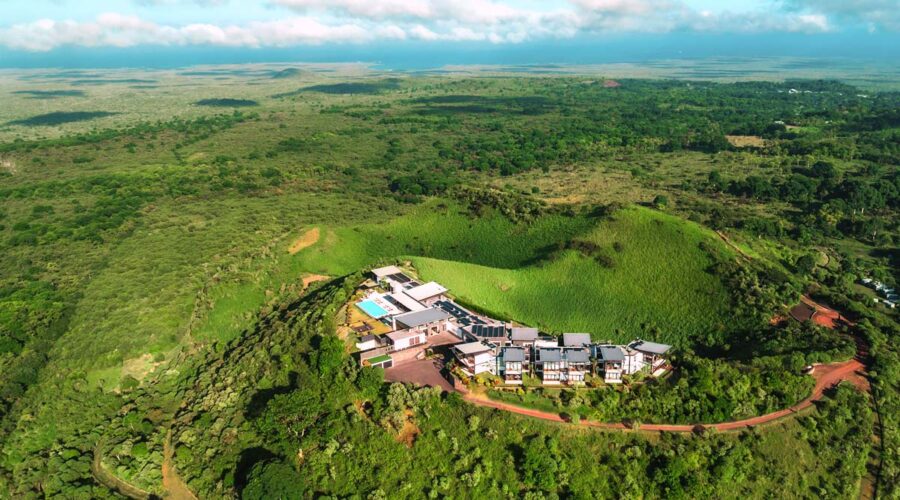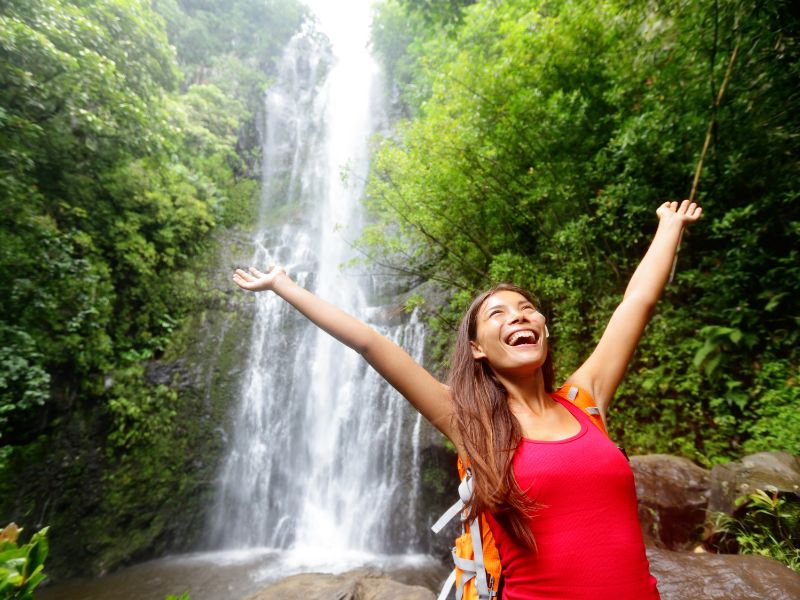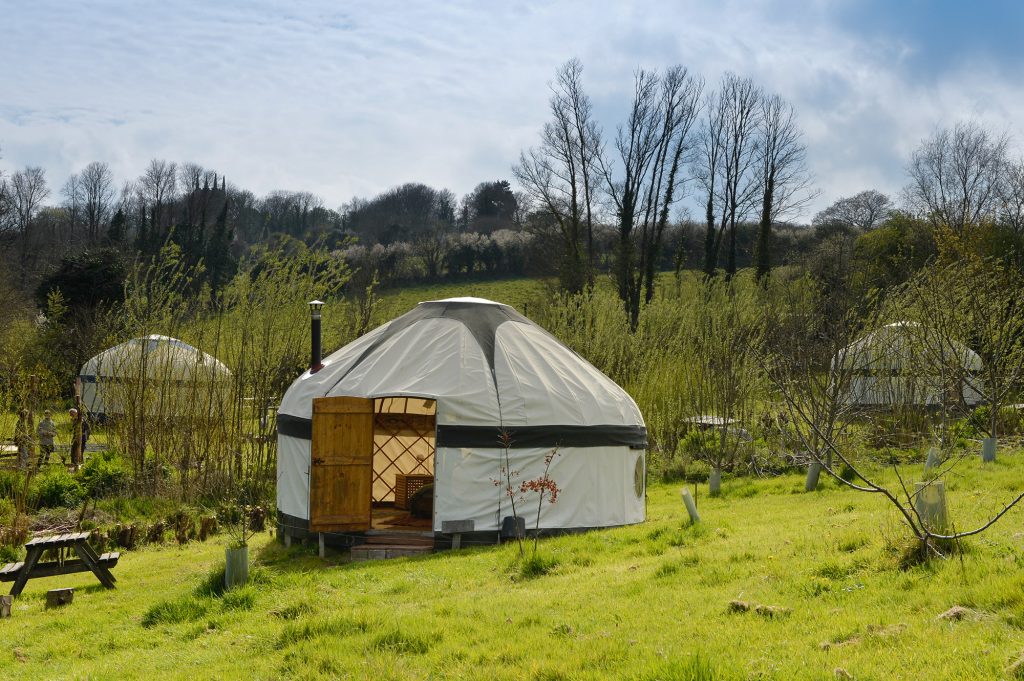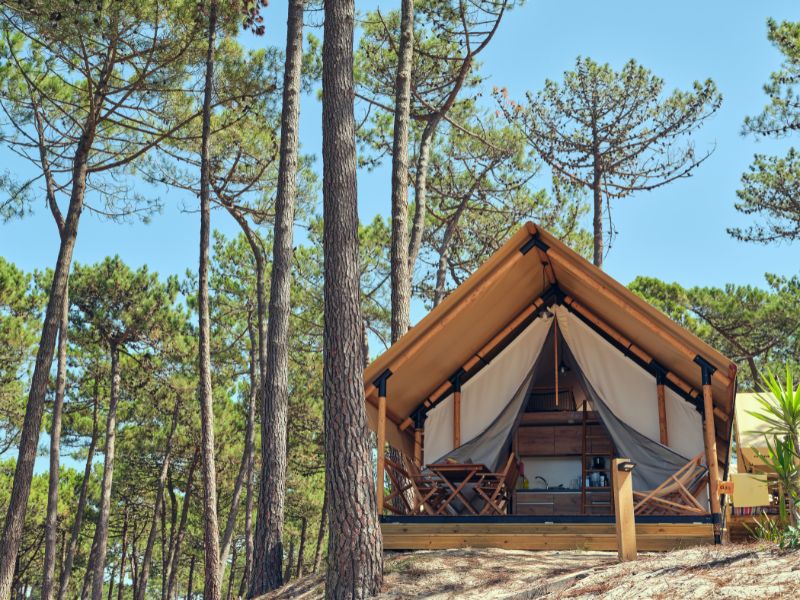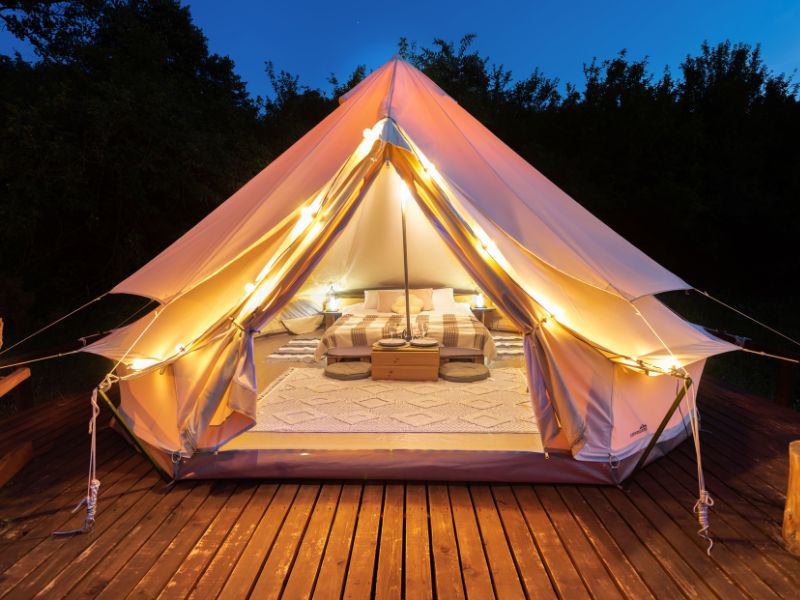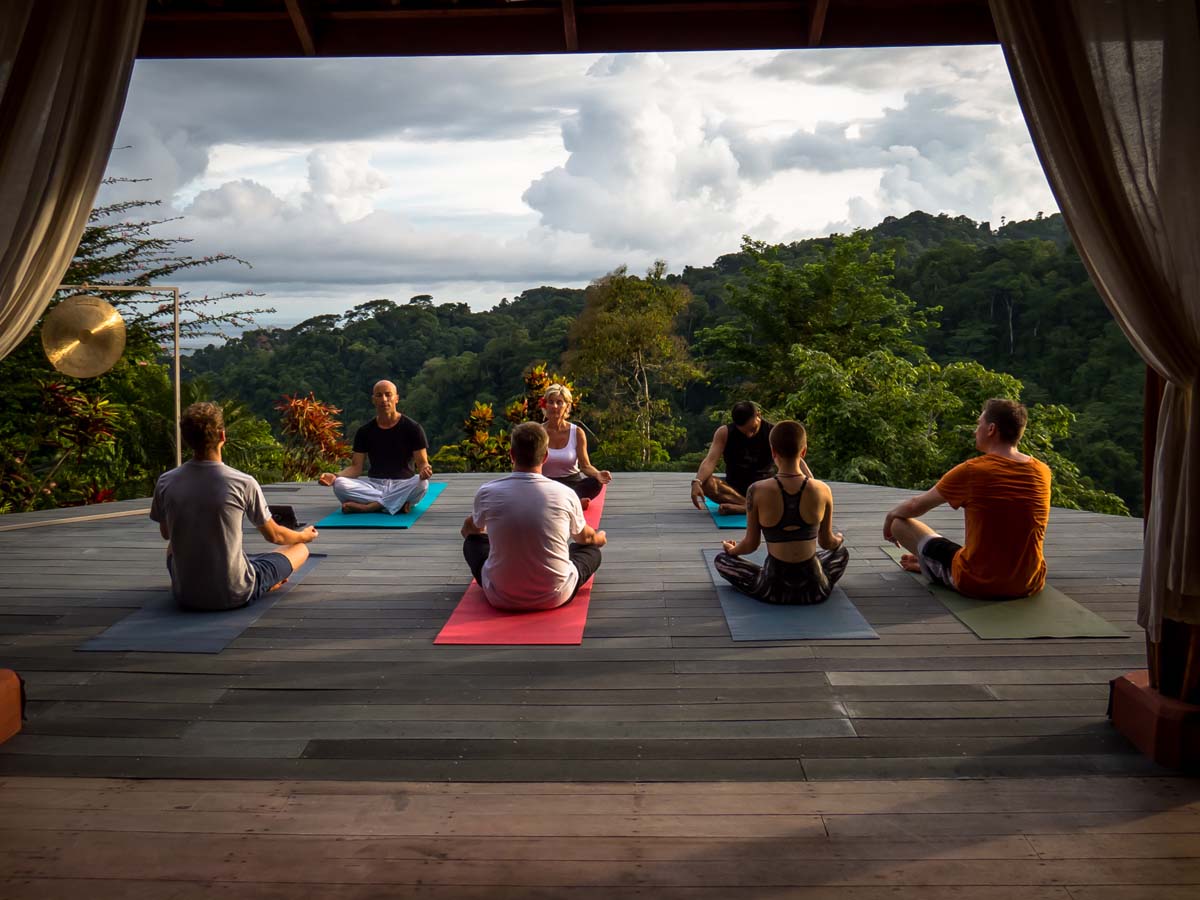What is an Eco Lodge? How sustainable are they?
Eco-lodges are accommodations in undisturbed, remote natural areas where both construction and operation have the lowest impact possible on the environment. They are not only part of the local community but they are active participants in protecting nature and culturally sensitive areas.
What do eco lodges say about themselves?
A forest left standing is more valuable than one cut down. Sustainable tourism, is not just how you sustain the environment, through the conservation that we’ve set aside, but also how you sustain the local people and their culture. We thought, if we keep things in a great balance, and not cut down the forest, we probably could create a business, and together we would improve the Osa Peninsula.
We encourage responsible travel to natural areas that conserve the environment, sustain the well being of the local people, and involve continued interpretation and education of both our guests and team.
Feynan Ecolodge was designed to operate in harmony with its habitat and is operated in a way which minimises the impact of tourism on the surrounding natural environment. It is aimed at leaving the smallest possible environmental footprint.
There are many definitions out there, but all of them agree in the below 3 characteristics to define what is a TRUE eco-lodge:
- undisturbed nature
- low impact operation
- active conservation efforts
When did it all start?
The first-ever eco-lodge was built in Costa Rica in 1983(!). Its story is inspirational. A biologist named Amos Bien was working in Costa Rica when he heard and saw farmers were cutting down trees. He asked them why and they replied that they want the land to build a cattle ranch. Amos started thinking about how to help these people without the need to destroy the rainforest. And he came up with the idea of the first-ever eco-lodge in Costa Rica, called Rara Avis.
- The building is in the middle of a 419 hectares rainforest.
- It was build 100% wood of fallen trees.
- There are no electricity or even glass windows.
Types of eco-lodges
Eco-lodges come in a variety of styles and shapes depending on where they are situated as well as on what is their main purpose. Here is the list of the most common types.
- Cabins (also known as bungalow, hut, chalet, shack, or pod) – they are usually small in size with one main room serving as living area and bedroom at the same time.
- Cottages – they are small one-storey houses with one or more rooms usually suitable for families or smaller groups
- Guest houses – they can be cabins, cottages or any other type where the owners live in the same or separate house but within the same facility. The owners act are actively participating in the daily operations, so you will feel more like a family friend, then just a guest.
- Luxury villas
- Farm houses (or ranch houses) – Some kind of agricultural activities are taking place in the same facility.
- Glamping – It is short for glamorous camping. Yes, there are quite a few differences between glamping and camping.
- Eco-retreats (NOT eco-resorts) – they have multiple types of eco-lodges but keeping it still at a small scale. They may have restaurant or spa or other facilities besides lodging, but following the same ethics all the way.
How sustainable eco-lodges are?
Depending primarily on the region various eco-lodges can be vastly different in some aspects but completely the same in others. There are several of them who operates on a high degree of sustainability and low impact, while others need improvements in certain areas. All in all the common goal of all eco-lodges can be described with the below 10 aspects:
- Situated in the heart of nature, usually in quite a remote, secluded location.
- Low-impact construction with the preservation or complete restoration of local flora and fauna using sustainable building materials.
- High level of energy efficiency (usually they use renewable energy sources like solar, water, wind or geothermic with energy-saving efforts like LED bulbs, motion sensors, etc.).
- Responsible water management (solar panels for heating, water flow restricting nozzles, recovering and reusing wastewater, etc.)
- Recycling (paper, plastic, metal/aluminium, and organic waste are collected and disposed properly)
- Actions to avoid single-use plastic (100% non-disposable kitchenware, no plastic packaged toiletries, biodegradable materials)
- Chemical-free operation (in areas like cleaning, washing, gardening)
- Locally sourced or grown organic food (with vegan/vegetarian options)
- Actively participates or facilities local nature conservation (actions like tree planting, restoration, other sustainability projects)
- Actively supporting and promoting local culture (employing locals, promoting local entrepreneurs)
Why should you choose this form of travel?
Because you will…
- experience the most stunning and undisturbed natural environments.
- stay in an absolutely unique housing.
- try delicious local cuisine.
- be close to nature and learn by experience about the local flora and fauna.
- meet genuine local people who care about their environment and culture.
- support local communities to safeguard their future and way of life.
- learn about sustainability and low impact living.
- be a true eco traveler.
READ MORE: What is an Eco-Tourist? How to Become One?
How to choose a true eco-lodge?
There is no official certification to be an eco-lodge. This means anyone can call themselves eco-lodges. There is absolutely no guarantee that what you see is what you get namely a true, responsibly managed eco-lodge. There are many attempts to distinguish between eco-friendly and genuine eco-lodges like
- Ecoclub Audit
- Green Key Certification
- International Ecotourism Society Membership
- Green Globe Certification
- Global Ecolabelling
- EarthCheck Sustainable Destinations Program
- Green Destination Awards
The problem with the above is that sometimes getting a certification is costly or the criteria are not really suited for small eco-lodges. There hasn’t been any space to search for and learn about true eco-lodges. So we, at Eco-Lodges Anywhere, are trying to fill this need and create the largest selection of the most sustainable eco-lodges around the world.
BROWSE THROUGH our directory for the most sustainable eco-lodges around the world if you want to experience something unique, authentic, and exciting.
More eco-tourism articles
Emese Maczko is a travel blogger behind Eco Lodges Anywhere. Having explored several destinations around Europe, the US, Indonesia, and Australia, and resided in Germany, the United Kingdom, and Luxembourg, Emese possesses a keen understanding of diverse cultures and an appreciation for the beauty of each destination she visits. She advocates for sustainable travel and ecotourism.

